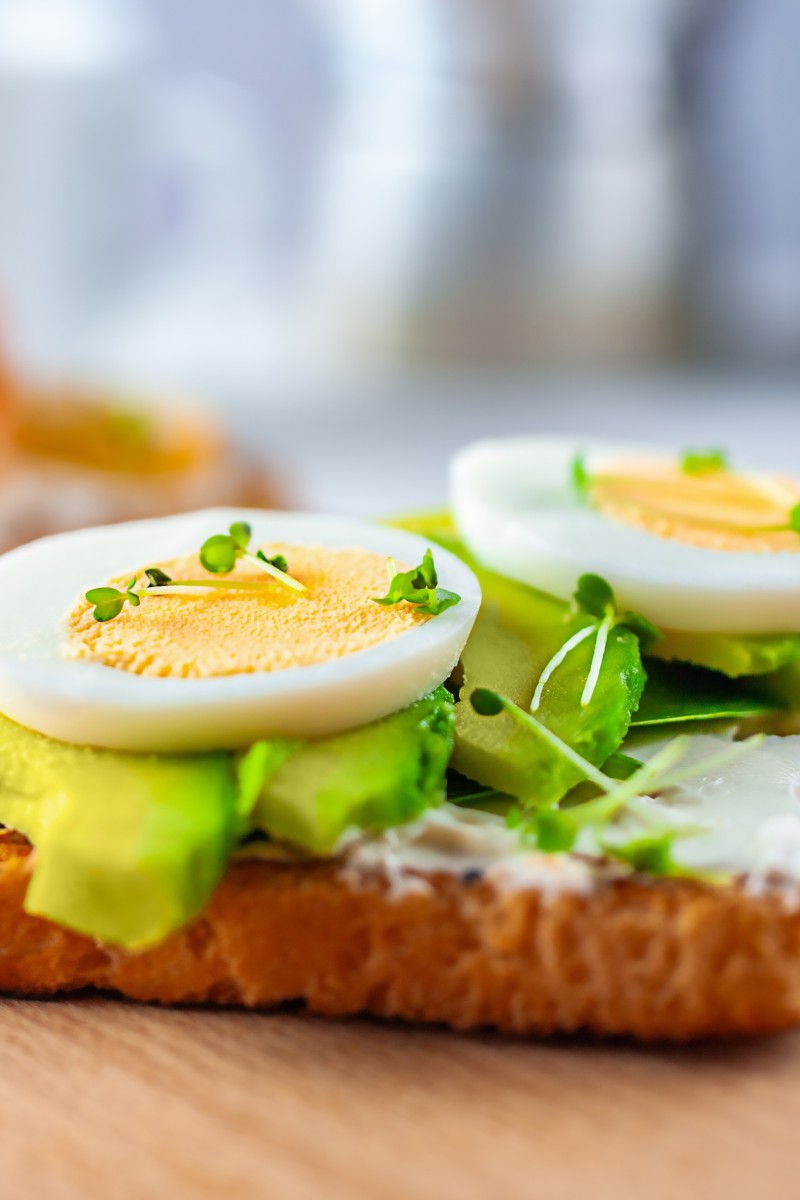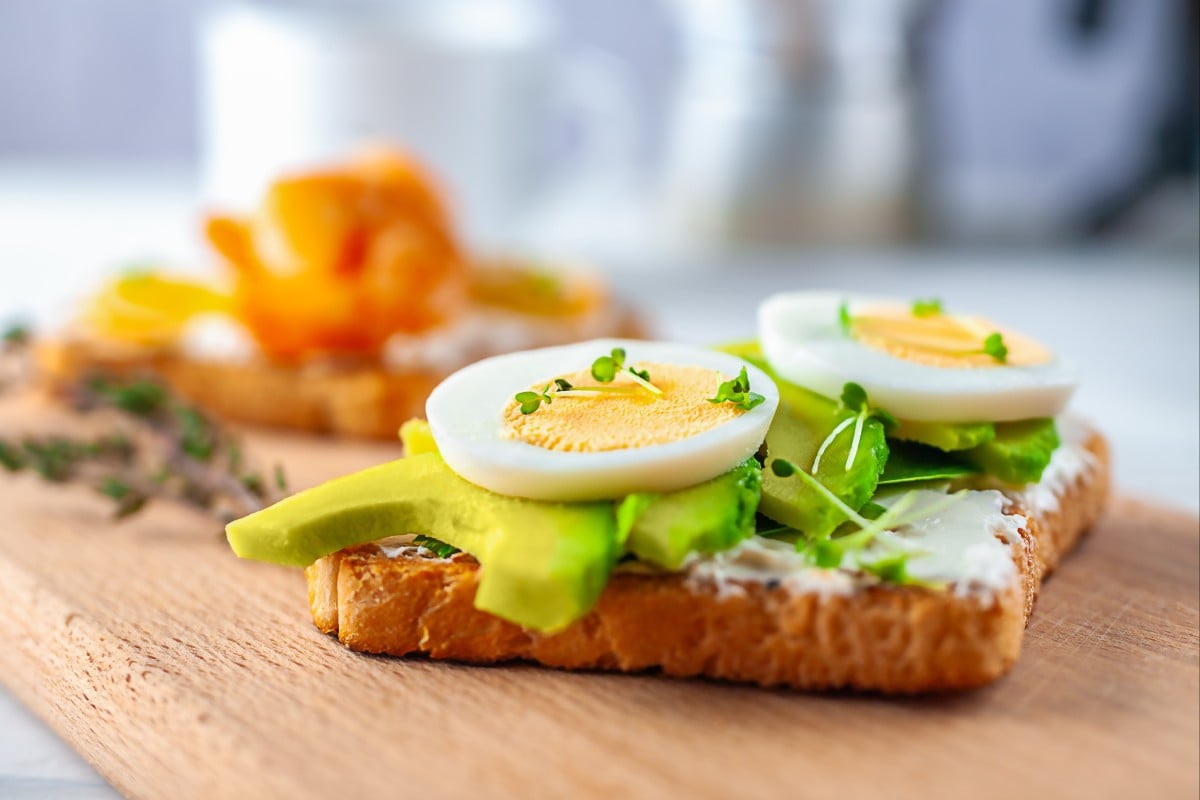
Scientists crack the code for boiling the perfect egg
The technique involves periodic cooking, alternating between hot and lukewarm water, to achieve a velvety yolk and firm white.
 Scientists have devised a method for boiling the perfect egg. Photo: AP
Scientists have devised a method for boiling the perfect egg. Photo: APScientists say they have cracked the code for boiling the perfect egg, which features a velvety yolk paired with a soft, firm white.
However, achieving this balance can be challenging because the yolk cooks at a lower temperature than the white. Hard boiling an egg can often result in a chalky yolk, while cooking low and slow can produce jellylike, undercooked whites.
Researchers cooked hundreds of eggs and used maths to tackle this runny conundrum. One equation explained how heat transfers from a hot surface to an egg, while another described how the contents of the egg transition from liquid to solid, passing through a gel-like state in between.
Their final recipe involves transferring eggs in a steamer basket every two minutes between two bowls of water – one boiling and the other lukewarm at 30 degrees Celsius – for 32 minutes (see graphic).
Gregory Weiss, a chemist at the University of California, Irvine, who was not involved in the research, noted, “You could definitely do this at home with half a dozen eggs or so.”
In the method proposed by the researchers, dubbed periodic cooking, the egg whites are heated and cooled until fully set. On the other hand, the yolk held firm at a constant temperature and cooked until it was creamy.
According to study author Emilia Di Lorenzo from the University of Naples Federico II, “You can almost spread it, like on bread.”
To ensure they had achieved something innovative, the researchers analysed the chemical composition of the cooked eggs and served them to a panel of eight tasters alongside traditionally boiled eggs. This research was published last month in the journal Communications Engineering.
This new technique could mean more time in the kitchen compared to a standard hard-boiled egg, said food scientist Joanne Slavin from the University of Minnesota. But the blend of textures on the tongue could be worth the extra time.
“This is a slower process to get a better outcome,” said Slavin, who had no role in the study.
Why some people are more sensitive to bitter foods like coffee and dark chocolate
Why is it so hard to cook the perfect egg?
An egg yolk begins to solidify at 65 degrees Celsius and the white at 85 degrees.
In the case of a hard-boiled egg – cooked for 12 minutes at 100 degrees – all parts of the egg have a final temperature of 100 degrees, well above the ideal cooking temperature, particularly for the yolk.
In the case of egg sous vide, which is cooked between 60 and 70 degrees, the final egg is at a temperature of 65 degrees. But while this is the ideal temperature for the yolk, it is much too low for the proteins in the egg white to stick together.
As for the soft-boiled egg, cooked for six minutes at 100 degrees, the egg yolk ends up undercooked.